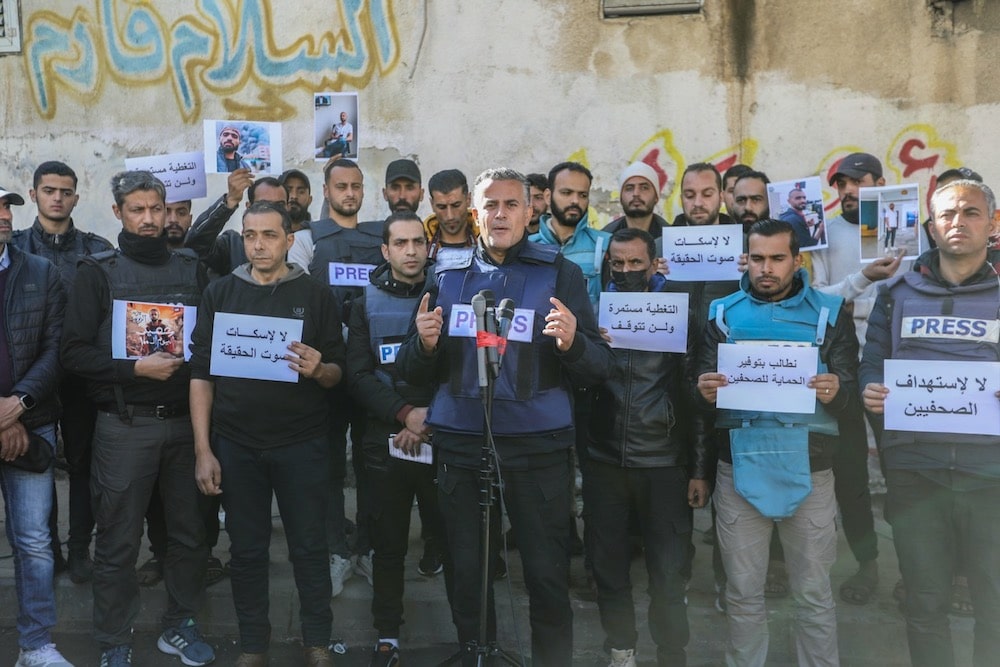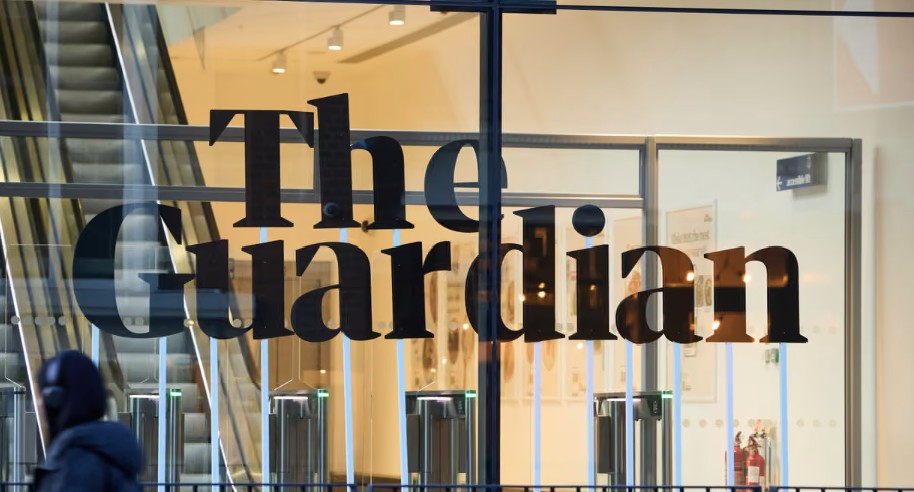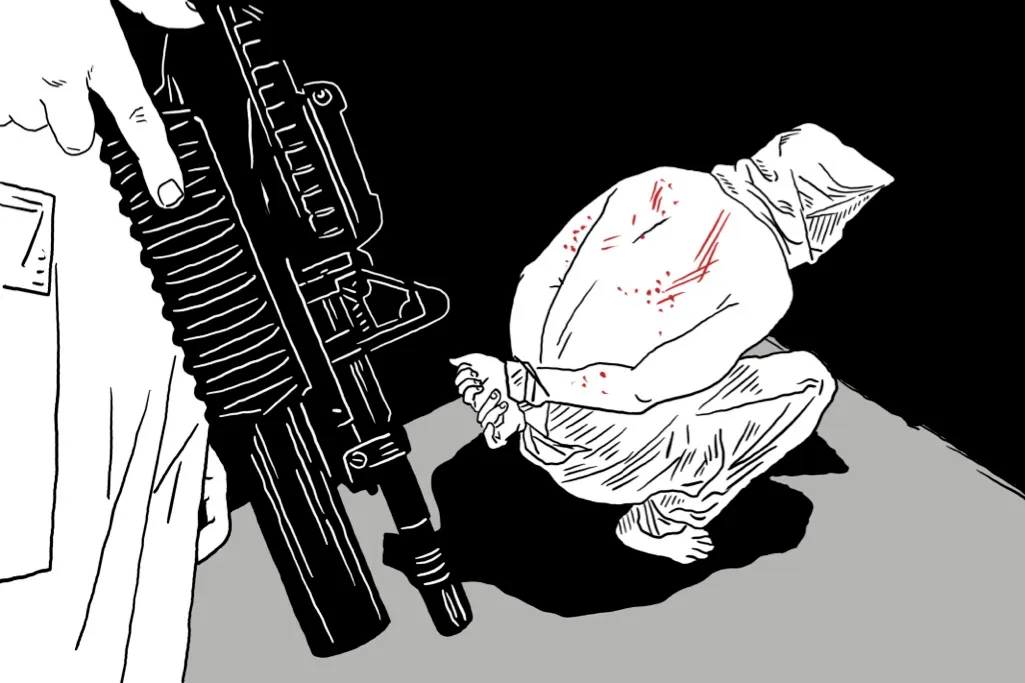
Mahdi Al‑Mamluk: Palestinian Journalist Fatally Shot Near School in Gaza
November 12, 2024
Syrian Journalists Trapped Between Repression and Deportation in Türkiye
November 12, 2024November 12, 2024 – General –
The International Press Institute (IPI), in collaboration with Croatian fact-checking outlet Faktograf and German newspaper taz, has launched the Observatory of Disinformation Narratives Against the Media, a digital platform designed to monitor and expose coordinated disinformation attacks targeting journalists and independent media. Supported by the European Media and Information Fund, the initiative aims to systematically document the tactics used to discredit reporters, undermine trust in journalism, and silence critical voices.
The Observatory tracks and analyzes recurring smear campaigns, false narratives, and online attacks that are increasingly employed by populist, extremist, and authoritarian groups. These tactics often include labeling journalists as “foreign agents,” accusing them of spreading “fake news,” or suggesting they are part of corrupt elites or conspiracies. Such narratives are disseminated through social media, state-affiliated outlets, and political influencers to erode public confidence in the press.
According to IPI, these disinformation campaigns are not isolated or random; they are often orchestrated and weaponized to intimidate journalists, discredit their investigations, and shape public opinion. The Observatory collects data on these narratives, maps their spread across platforms and countries, and highlights cases where journalists have been targeted with deepfakes, doctored images, or coordinated trolling.
The project’s initial focus is on Europe, where disinformation is growing amid increasing polarization and hostility toward the press. However, IPI envisions broader global application as the model proves effective. The Observatory also serves as a resource for newsrooms, civil society, and policymakers, offering insights into the evolving threats journalists face and tools to respond effectively.
One notable example is the recent deepfake attack against Serbian journalist Stevan Dojčinović, which gained traction online and attempted to damage his reputation. The Observatory catalogues such cases to raise awareness and build a framework for accountability.
By shining a light on these covert attacks, IPI and its partners hope to fortify press freedom, strengthen public resilience to manipulation, and ensure that journalists can work without fear of digital or reputational assassination. In an era where misinformation is weaponized, the Observatory is a critical step in defending truth and transparency.
Reference –
IPI and partners launch platform to track disinformation narratives against journalists




